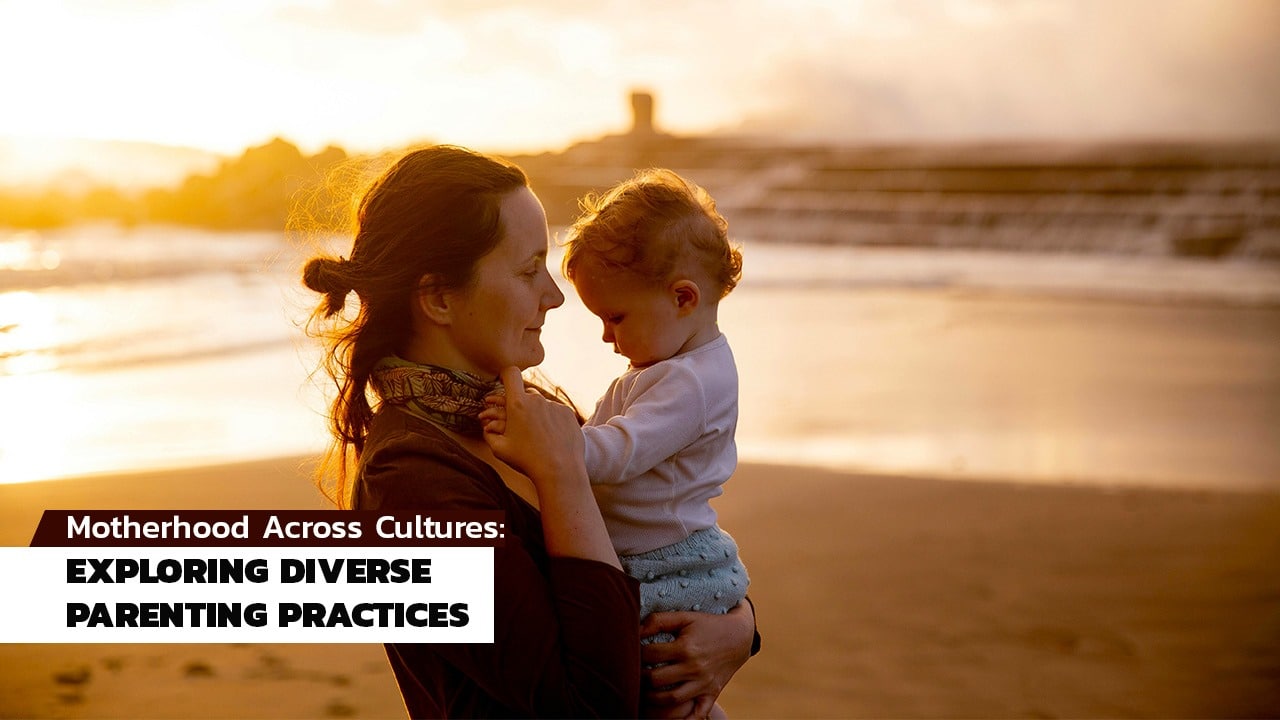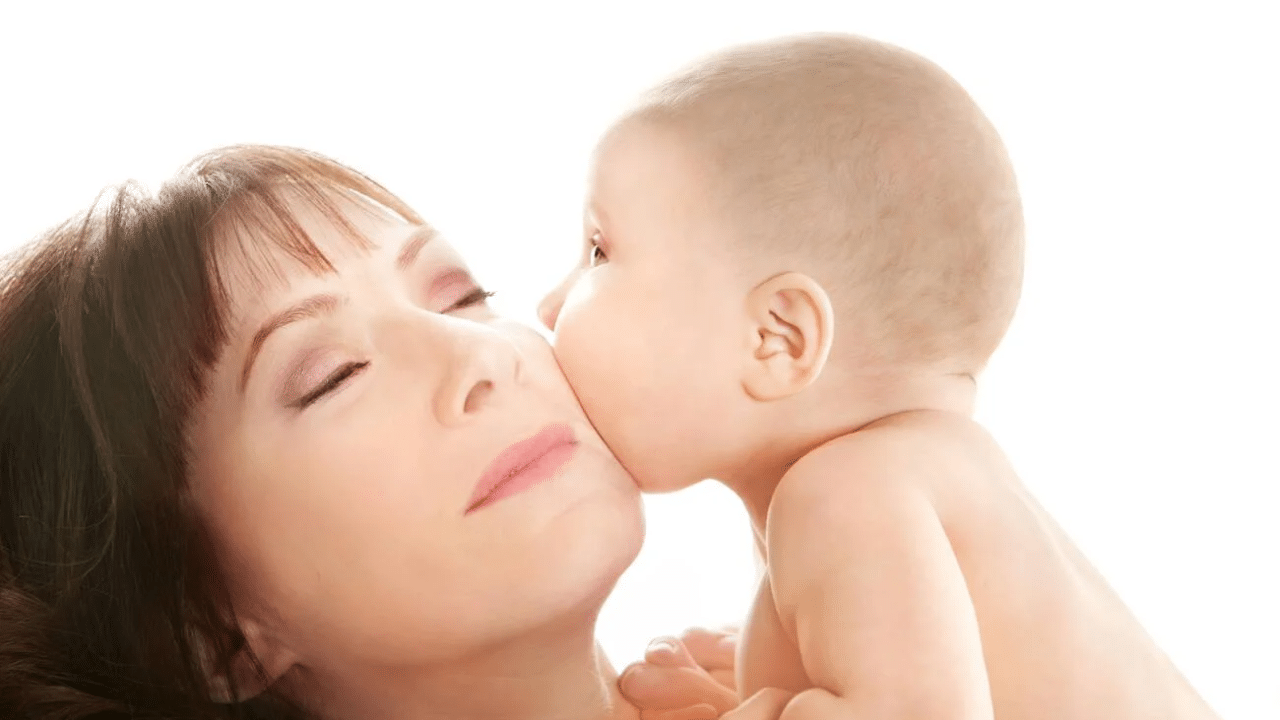Parenting can be tough. It’s full of challenges and surprises. Yet, it’s also shaped by where we live and the culture we grow up in. Believe it or not, how we raise our kids often mirrors the traditions of our home country.
Marc H. Bornstein found something interesting in 2012. He saw that different cultures shape parenting in unique ways. This shows us that there’s more than one way to be a good parent.
Today is International Mother’s Day 2024. This blog is a tribute to all mothers, who sacrifice a lot to raise their children. Our blog will take you on a journey around the world to see how moms do things differently—and sometimes the same! We promise, it’ll open your eyes.
Ready to explore?
TL;DR
This blog dives deep into how mothers from different cultures raise their kids. It looks at everything from daily routines to big life lessons, showing that while methods may vary, love and dedication remain constant.
We compare parenting styles across the globe, seeing how cultural values shape children’s upbringing. From strict rules in some places to more open dialogue in others, this piece reveals the vast spectrum of motherhood.
Motherhood is a journey shaped by culture, yet bound by a universal thread of love.
International Mother’s Day 2024
Today is International Mother’s Day. International Mother’s Day shines a light on the many ways we see motherhood around the world. It reminds us to celebrate all moms and their diverse parenting styles. On this day, people from different cultures come together to honor mothers.
They share stories and experiences that highlight how cultural beliefs shape parenting practices. This special day serves as a platform. It lets us discuss how to respect these varied approaches in societies everywhere.
We learn that whether a mom uses strict rules or gives more freedom, her love for her child is universal.
Through International Mother’s Day, we also consider future directions for social policies. These policies can help support all types of mothers in their important role. We recognize that each culture has its own unique way of raising children.
Yet, every mom wants the best for her kids, no matter where she is from or what traditions she follows.
Motherhood Across Cultures
Motherhood changes from place to place. In some cultures, it means teaching kids to be strong and respectful. In others, it’s more about making sure they are creative and free-thinking.
Every culture has its own way of raising children, which shapes how kids grow up and see the world.
For example, in many Western countries, moms might focus on independence and self-expression. But in places like China or India, there’s a stronger emphasis on family bonds and respect for elders.
These different views show that motherhood isn’t just one thing; it’s made up of many beliefs and practices around the globe.
The Culture-Parenting Nexus
Culture shapes how moms and dads raise their kids. It mixes ideas and habits from around the world, making parenting styles different everywhere.
Cultural Methods in Parenting Science
In parenting science, researchers use tools like statistics and psychological experiments to understand how parents raise kids in different cultures. They study things like discipline, love, and teaching right from wrong.
Studies compare methods in places around the world using specific designs that don’t require every factor to be the same across all groups. This way, they find out what parenting actions are common everywhere and which ones change from one culture to another.
We measure love by actions, not words.
Experiments often look at emotions moms and dads show their babies or rules they set for teenagers. Scientists collect data through surveys or observation and analyze it with mathematical methods like regression analyses or chi-square tests.
These detailed studies help them see patterns in how cultural values shape parenting styles, from strictness to warmth.
Similarity and Difference in Parenting across Cultures
Mothers around the world show love and care in many ways, but methods differ from place to place. Studies found big changes in how moms in modern, industrialized areas raise their kids compared to other spots.
Every country has its own style, based on traditions, beliefs, and what is seen as right for children’s growth. This shows in the way they teach values like respect or independence.
Even with these differences, some parenting strategies are common everywhere. For example, all mothers aim to protect their children and help them learn life skills. Yet, how they do this can change a lot.
In one country, strict rules might be common, while in another, talking and explaining things might be preferred. These styles impact child development greatly, shaping attitudes towards family and society differently across cultures.
Cultural Universals in Parenting
In every place around the world, parents love and teach their kids. They all want their children to grow up well and happy.
Culture-Common Parenting
All parents, no matter where they come from, show love and set rules. This is true across different cultures. For example, both authoritative and authoritarian parenting styles can be found around the world.
Authoritative parents guide their kids with kindness and clear rules. They listen to their children’s thoughts and support them in learning right from wrong. On the other hand, authoritarian parents are strict.
They expect their kids to follow the rules without question.
Mothers and fathers often share similar ideas about how to raise their children. They work together to teach them values like respect and hard work. No matter if they are from a big city in the United States or a small village in China, these common practices help prepare kids for life ahead.
Culture-Specific Parenting
In different parts of the world, moms have special ways to raise their kids. These methods fit well with what each culture sees as important. For example, in some Asian countries, respect for elders and doing well in school are top priorities.
So, parents teach these values early on. They might use stories or daily tasks to show why these things matter.
In every corner of the globe, mothers weave the rich tapestry of culture into their children's lives through unique parenting styles.
In contrast, Western moms often focus more on making sure their kids feel confident and can speak up for themselves. This means they might let their children make more choices from a younger age.
No matter where you go, the way moms bring up their kids shows deep love and hopes for their future.
Form and Function in Cultural Approaches to Parenting
Different cultures see parenting in their own ways. Some value strict rules and education, while others focus on love and freedom. This shows the form—how things are done. The function is why they do it this way.
For example, parents teach kids to be respectful because it helps them get along with others.
Studies compare these forms and functions across countries using careful plans, not random picks of people. They find both unique styles and common goals in raising children worldwide.
Social understanding, creativity, and self-control are aims shared by many parents, no matter where they live or what culture they come from. This mix of methods and similar desires highlights the depth of human parenting knowledge we have gathered over time.
Social Policy and Future Directions in Cultural Approaches to Parenting
Social policies need to recognize the diverse ways families raise their kids. This means laws and support systems should help all kinds of parents, not just one type. For example, programs for child care could consider different cultural beliefs about raising children.
This shows respect and understanding for everyone’s background.
Looking ahead, we must study more about how parents from various cultures think and act. Research can show us new ways to support families better. It might find that some methods work well in many places around the world.
Or it might show that what works best can differ a lot from one culture to another. Knowing this helps make better rules and programs for families everywhere.
Cultural Attributions and Attitudes in Cross-Cultural Perspective
Parents from different parts of the world think and act differently when raising kids. This shows how deeply culture affects parenting beliefs and actions. Find out more about this exciting topic!
Cultural Variation in Parents’ Attributions and Attitudes about Parenting
In different cultures, mothers and fathers see parenting in unique ways. They use a 7-point scale to rate what they think is important for their child’s character and their own actions as parents.
This study involved over 1000 parents of children aged 7 to 10 years. It shows us how people from varied backgrounds have different ideas about raising kids.
Parenting styles vary widely around the world, reflecting deeply held cultural values.
For example, some might stress obedience and respect, while others focus more on independence and creativity. The way these parents act comes from their beliefs about what will help their child succeed in life.
These attitudes shape everything from daily routines to how they teach right from wrong.
Similarities and Differences in Mothers’ and Fathers’ Parenting Attributions and Attitudes
Exploring the landscape of parenting, we find that mothers and fathers have both shared and distinct approaches. Let’s dive into the specifics.
| Aspect | Mothers | Fathers |
|---|---|---|
| Parenting Attitudes | Report more progressive strategies | Lean towards more authoritarian methods |
| Parenting Attributions | Show understanding of children’s needs | Focus on discipline and respect |
| Correlation in Parenting | Moderate agreement between parenting attributions and attitudes | |
This table highlights the balance and divergence in parenting perspectives between mothers and fathers. While both strive for the well-being of their children, their methods and attitudes showcase a blend of shared goals and individual approaches. Mothers often adopt progressive strategies, emphasizing understanding and responsiveness to children’s emotional and psychological needs.
Fathers, meanwhile, may prioritize discipline, aiming to instill respect and order. Despite these differences, there’s a moderate correlation in parenting attributions and attitudes, indicating a common ground in their parenting goals.
Case Study of Mothers from Western US and China
This study looks at how moms in the Western US and Shanghai, China, raise their kids differently. It shows that where you come from shapes how you parent. Want to learn more? Keep reading!
Ethnic Differences in Cultural Values and Parenting
Cultural beliefs shape how parents raise their kids. For example, European American mothers often value independence, while Puerto Rican moms might focus on family closeness. These differences affect methods like discipline and support.
Each culture has its own norms guiding child-rearing.
Country plays a big role in parenting practices too. Research shows significant effects of country on seven key parenting areas. This means where you live can impact how you parent.
From the way mothers show love to setting rules, culture sets expectations for both children and parents alike.
Cultural Variations in Relationships Between Cultural Values and Parenting
In different cultures, values shape how parents raise their children. These practices depend on beliefs about family, respect, and education. For example, in some places, parents focus a lot on obedience and respect.
They use strict rules to teach these values. In other cultures, independence and self-choice are more important. Parents there give children more freedom to make their own decisions.
Studies show this difference clearly. Researchers have found that methods like authoritative parenting work well across many cultures for child success. Yet, the way moms and dads use it can vary a lot based on cultural norms.
Some families might stress group harmony and duty more than others. This affects how they motivate and discipline their kids without hurting their feelings or self-esteem.
Cross-Cultural Differences in Parenting
Cross-cultural Cultural Differences in Parenting show how moms and dads raise kids differently around the world. Dive into this topic to learn more!
Transformational Tourism: Tourist Perspectives
Transformational tourism is when people travel to change their view or way of life. They want experiences that will teach them something new or help them grow. Tourists often look for places where they can learn about different cultures, nature, or themselves.
This kind of travel goes beyond just seeing new places. It’s about making a deep connection with those places and the people there.
Many tourists share stories of how these journeys changed them. Some learn new skills, like cooking local dishes or speaking another language. Others find peace in nature or understand important things about life from locals they meet.
These experiences stay with them long after they return home, shaping their thoughts and actions in positive ways.
Anthropogenic Pedogenesis and the New Classification System of Russian Soils
People have changed the way soil forms in Russia. This led to a new way of organizing Russian soils. Now, experts list soils based on how much humans affect them. They put these soils into groups that show if a little or a lot of change happened because of people.
One big part is how farming changes soil over time. Farming can add things to the soil or take things away from it, changing its nature. This new system helps us understand these changes better.
It gives distinct names to various human-affected soil types, making it simpler for scientists and farmers to discuss them.
Similarities and Differences among Mothers and Fathers
Mothers and fathers both play big roles in their kids’ lives but do things a bit differently. Moms might show love with hugs and talks, while dads might choose to teach by doing things together like fixing a bike or playing sports.
Yet, both aim to help their children grow strong and smart. Dive in to learn more!
Coparenting
Coparenting involves both mom and dad working together to raise their kids. Studies have shown clear differences in how moms and dads view care for their kids, pointing out that they do team up in parenting.
This teamwork is seen across different cultures worldwide, proving that mothers and fathers share the job of bringing up children. For example, research tracking natural mother-infant interactions across countries found consistent patterns of coparenting practices.
These findings tell us that parents globally use a mix of strategies to take care of their children, despite cultural differences.
Limitations and Directions for Future Research
Research needs to find the exact cultural factors that change parenting styles across different cultures. This means looking closer at how culture shapes parents by adding special controls to study designs.
Studies like the one where researchers watched moms and babies in Argentina, Belgium, Israel, Italy, and the USA help us see what is common and what varies in raising children worldwide.
Future studies should use tools such as linear regression analyses and hierarchical regression to understand these differences better. They must also look at many families from various backgrounds to get a full picture.
This approach can clarify how specific cultural values influence parenting practices in diverse societies.
Takeaways
In our last part, we talk about how moms everywhere show their strength and shape cultures. Keep reading to learn more.
Acknowledging the Diversity of Mothers Worldwide
Mothers all over the world show love in many ways. Some cook big meals to share; others tell stories or sing songs from their culture. They teach kids right from wrong and help them grow up strong and kind.
Every mom has her way, shaped by where she comes from. This shows in how she cares for her family.
Culture plays a big part in parenting. What works in one country might be different elsewhere. Still, all moms want the best for their kids. They work hard to give them what they need, using wisdom passed down through generations.
This mix of methods makes motherhood rich and full of lessons worldwide.
The Strength of Motherhood and Its Influence on Culture
Motherhood shapes cultures worldwide. It teaches values, morals, and skills that last a lifetime. From the way mothers nurture their children to the traditions they pass down, this role deeply affects societies.
Mothers guide kids in social interactions and set examples for dealing with life’s challenges. Their lessons on respect, kindness, and hard work ripple through communities.
This influence extends beyond the immediate family. In many places, mothers lead efforts in education reform, health awareness, and community building. They bring people together for common causes—like better schools or cleaner neighborhoods.
Through these actions, mothers create stronger bonds within communities and promote societal growth rooted in care and cooperation.









































